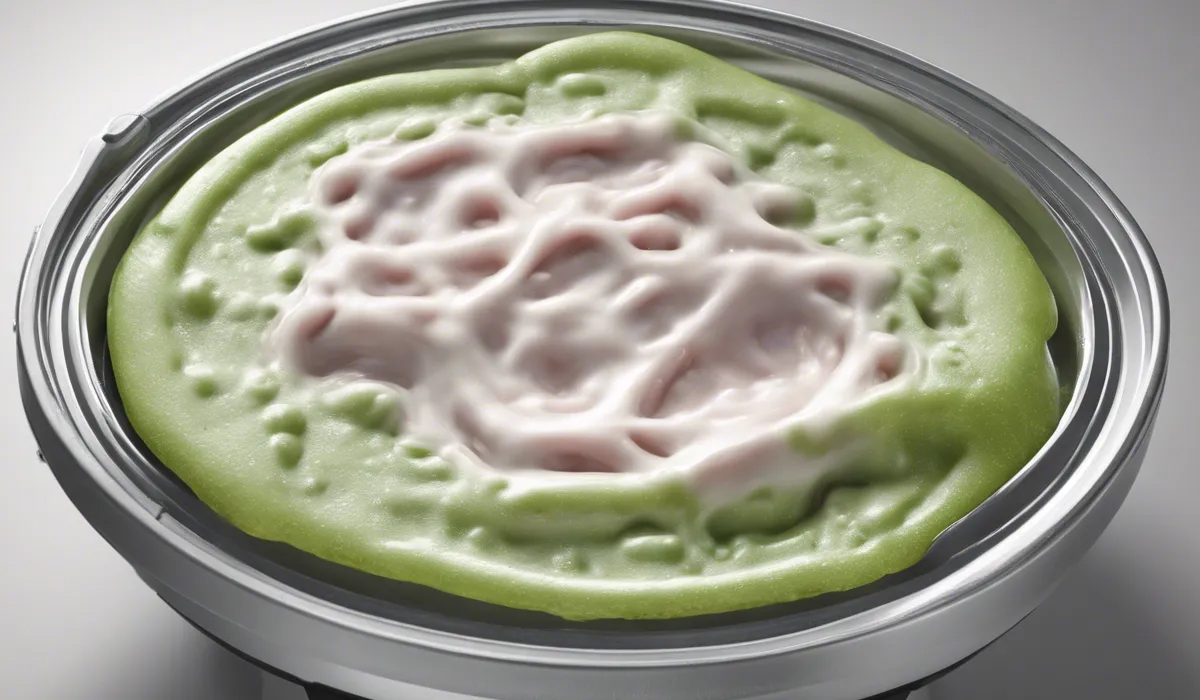No direct evidence suggests mold causes weight gain. Mold exposure typically triggers allergic reactions or respiratory issues. However, some individuals report changes in appetite or metabolism, potentially influencing weight. Always consult a healthcare provider for personalized advice.
Link Between Mold Exposure and Weight Gain

Understanding Mold and Its Presence in Homes
Mold is a type of fungus that thrives in damp and humid environments. It reproduces through tiny spores that float through the air, which can be inhaled or land on surfaces.
In homes, mold commonly grows in areas like bathrooms, kitchens, basements, and around leaks in roofs, windows, or pipes. Some common household molds include Aspergillus, Cladosporium, and Stachybotrys, often referred to as black mold.
Mycotoxins and Their Effects on the Body
Mycotoxins are toxic substances produced by certain types of mold. These toxins can cause a range of health problems when a person is exposed to them over time.
Symptoms can include respiratory issues, headaches, and immune system suppression. Mycotoxins can enter the body through inhalation, ingestion, or skin contact.
Hormonal Disruption from Mold Exposure
Exposure to mold and mycotoxins can disrupt the endocrine system, leading to hormonal imbalances.
These imbalances can affect cortisol levels, thyroid function, and other hormones that regulate metabolism and weight.
The disruption of hormones can indirectly contribute to weight gain by altering how the body processes and stores energy.
Increased Fat Storage Due to Mycotoxins
Some mycotoxins can influence the way the body stores fat. They may interfere with metabolism or promote the growth of fat cells, potentially leading to weight gain.
However, it’s important to note that the direct relationship between mycotoxins and increased fat storage requires further research.
Impact of Mold on Metabolism and Appetite
Mold exposure can also affect a person’s metabolism and appetite. Some individuals have reported changes in their hunger levels or how their body uses energy.
These changes might make it harder to maintain a healthy weight. Again, it is crucial to consider these factors as potential but not definitively proven causes of weight gain.
Scientific Evidence and Studies

Research on Metabolic Consequences of Mold Exposure
While there is ample evidence showing that mold exposure can cause respiratory and allergic reactions, its impact on metabolism is less clear.
Some studies suggest that chronic exposure to mold can lead to metabolic disturbances, but the evidence is not yet definitive.
Studies Linking Mold and Weight Changes
There are a handful of studies that have explored the connection between mold exposure and changes in weight.
While some findings suggest a correlation, it is difficult to establish a direct cause-and-effect relationship due to the complexity of human metabolism and the influence of various environmental factors.
Animal Studies on Mold Exposure and Weight Gain
In animal studies, researchers have observed that certain mycotoxins can lead to weight gain and other metabolic issues.
These studies provide some insights, but it’s important to be cautious when extrapolating results to humans, as our physiology and environmental interactions are more complex.
Limitations and Gaps in Mold Research
Current research on mold exposure and weight gain is limited and often inconclusive. There are significant gaps in knowledge, and more studies are needed to fully understand the potential link.
It’s important for individuals to consult healthcare providers for personalized advice and conduct further research.
Mitigation and Prevention Strategies

Importance of Mold Detection and Removal
Detecting and removing mold is crucial for maintaining good health. If you suspect mold in your home, it’s important to address the issue promptly by identifying the source of moisture and cleaning up the mold using safe methods or hiring professionals if necessary.
Reducing Mold Exposure at Home and Work
To reduce mold exposure, maintain low humidity levels, ensure proper ventilation, and fix leaks promptly.
Regular cleaning and using dehumidifiers can also help prevent mold growth in your living and working environments.
Dietary and Lifestyle Changes
Maintaining a healthy diet and lifestyle can help mitigate the effects of mold exposure. Eating foods that support the immune system and reduce inflammation may be beneficial.
Additionally, staying active and managing stress can improve overall health and potentially counteract any negative effects on metabolism.
Seeking Professional Help for Mold-Related Health Issues
If you are experiencing health issues that you believe may be related to mold exposure, it’s important to seek advice from a healthcare provider.
They can help determine if mold is contributing to your symptoms and advise on appropriate treatment and prevention strategies.
FAQs About Mold and Weight Gain
Can mold exposure lead to weight gain?
There is no direct evidence to suggest that mold causes weight gain; it typically causes allergic or respiratory reactions.
Is there a link between mold and changes in metabolism?
Some individuals report changes in appetite or metabolism after mold exposure, which could potentially influence weight, but this is not widely supported by scientific evidence.
Should I be concerned about mold affecting my body weight?
If you have concerns about mold exposure and your weight, consult a healthcare provider for personalized advice.
What are the typical health issues caused by mold exposure?
Mold exposure typically triggers allergic reactions or respiratory issues such as coughing, sneezing, and difficulty breathing.
How can I address weight changes that I believe are related to mold exposure?
Consult with a healthcare provider to explore the cause of any weight changes and to receive guidance on appropriate treatment or interventions.
Final Thoughts
While there is no direct evidence linking mold exposure to weight gain, it can trigger allergic reactions or respiratory issues.
Some individuals may experience changes in appetite or metabolism after mold exposure, which could affect weight. It’s important to seek advice from a healthcare provider for concerns about mold and weight changes.
